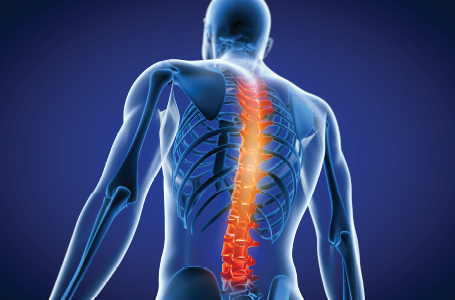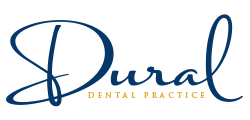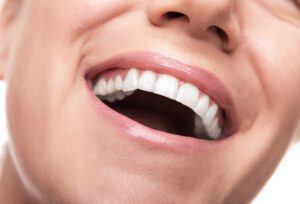At Dural Dental Practice, we take pride in looking after your overall health which is why it is important for you to let us know if you are on any medications for Osteoporosis prescribed by your General Practitioner.
What Is Osteoporosis?

Osteoporosis is a common disease affecting over 1 million Australians. This disease makes our bones more brittle leading to a higher risk of fracture. Osteoporosis occurs when bones lose minerals such as Calcium more quickly than the body can replace them, causing a loss of bone thickness (bone density or mass).
How is Osteoporosis diagnosed?
Osteoporosis is diagnosed with a bone density scan (commonly known as a bone density test). Your General Practitioner will first assess your risk factors for osteoporosis before referring you for a bone density test.
How is Osteoporosis treated?
Your General Practitioner may recommend medication or an injection for the treatment of Osteoporosis. Some of the more common medications are “Fosamax”, “Actenol”, “Bisphosphonates”, “Calcitonin” and “Prolia”.
Osteoporosis and Dental treatment:
Prior to commencing treatment for Osteoporosis it is important to have a full dental examination to assess the current state of your oral health and attend to any teeth that require treatment. Once the medication is commenced, it stays in your system for a long period of time making any urgent dental treatment more complicated.
An uncommon but potential side effect of some of the medications used in the treatment of Osteoporosis is a condition called Osteonecrosis of the jaw. This condition is rare but serious in which the cells in the jawbone start to die.
While receiving treatment for Osteoporosis it is highly recommended that you attend your recall appointment every 6 months to have your teeth checked and cleaned to avoid the need for any complicated dental treatment.
At Dural Dental Practice will often ask you for an update about your Medical History when you visit us, this is to ensure we are providing the best level of care possible





